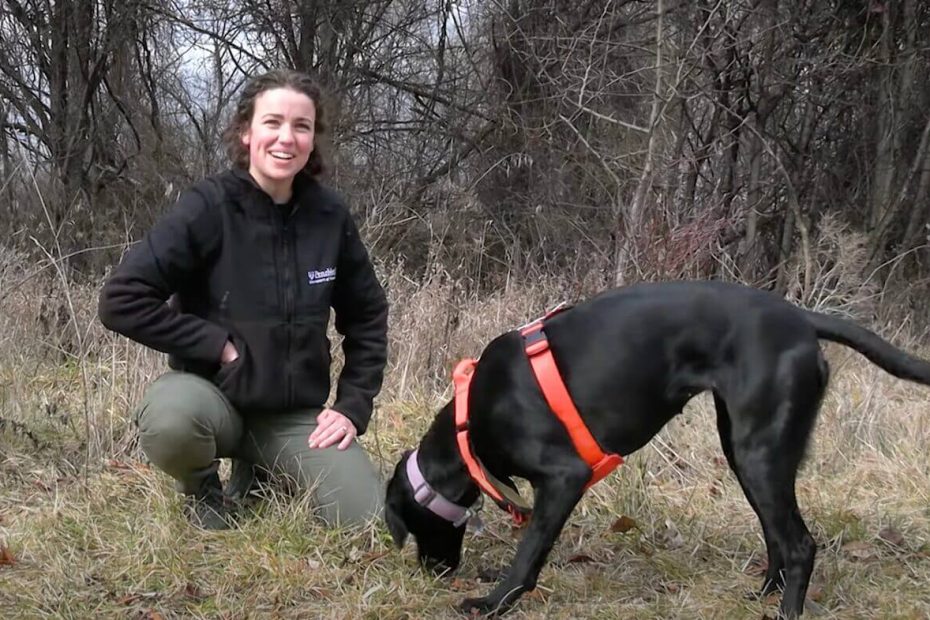Estimated reading time: 2 minutes
In an innovative twist, dogs are now at the forefront of battling Chronic Wasting Disease (CWD) in Pennsylvania’s deer and elk.
The Penn Vet’s Working Dog Center, in a groundbreaking study, has discovered that dogs can sniff out CWD-positive deer feces. This skill is being field-tested by the Wildlife Futures Program’s Conservation K9 Team.
CWD, a contagious and always fatal disease, poses a significant threat to wildlife. Detecting it is tricky due to its long incubation period, making these canine detectives a potential game-changer. The dogs have been trained to identify a unique scent profile in the feces of infected deer, a key to early detection.
The Wildlife Futures Program, a collaborative effort between Penn Vet and the Pennsylvania Game Commission since 2019, focuses on innovative solutions for wildlife health challenges. This program has been diligently training dogs and their handlers for this critical mission.
SEE ALSO: ATF eForms Shutdown, Stirs Up 2A Community
These CWD detection dogs began their training as puppies at Penn Vet and typically complete their training in 1 to 1.5 years. They’re set to survey high-risk areas in Pennsylvania, aiding the Game Commission in refining disease management strategies.
One common concern is whether these dogs are at risk of contracting CWD. Fortunately, canines are resistant to such diseases, ensuring their safety in the field. Moreover, these dogs are trained not to chase wildlife, maintaining their focus solely on disease detection.
Regarding their operation areas, the dogs will avoid public hunting lands during hunting seasons for safety reasons. They will, however, work on privately owned lands with the owners’ permission, ensuring a respectful approach to wildlife management.
As these teams embark on their critical mission, they offer a promising addition to combating CWD. For more information about this innovative program, check out the Pennsylvania Game Commission’s website.
